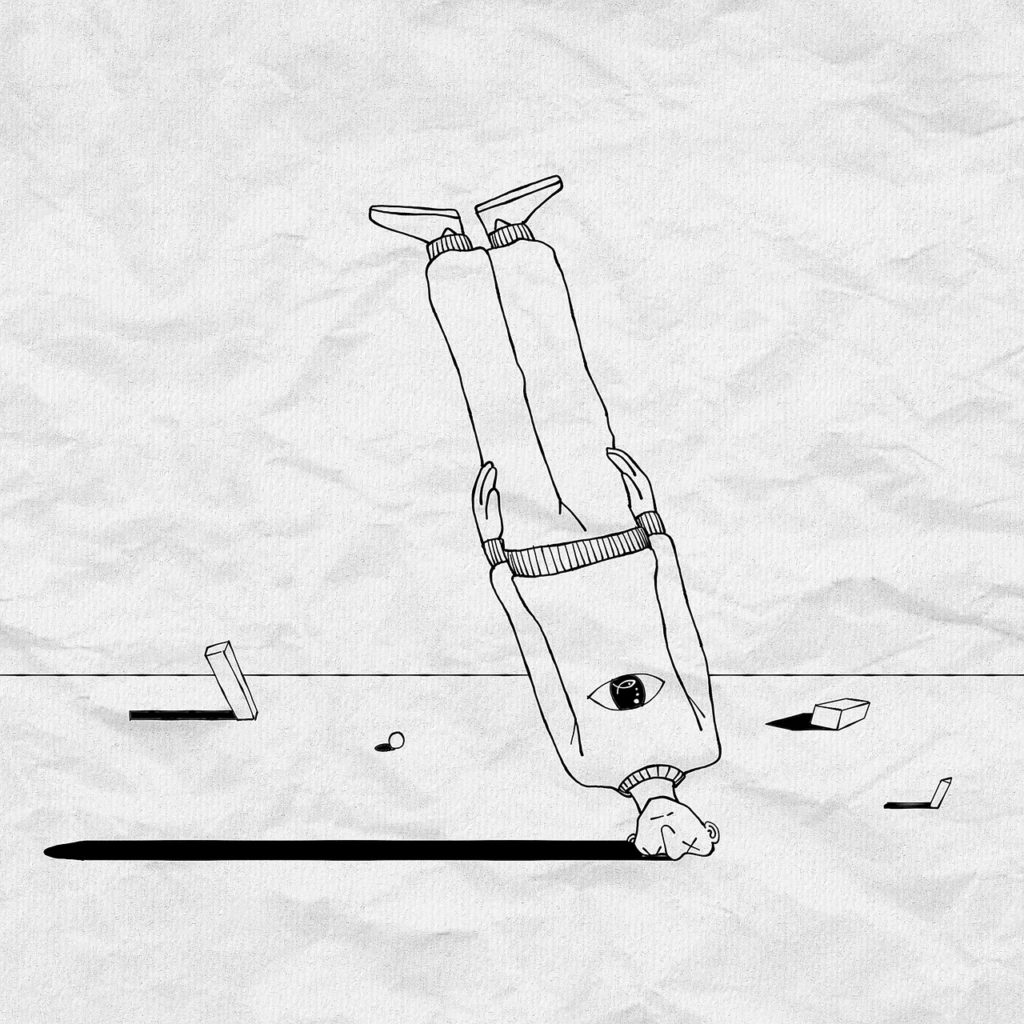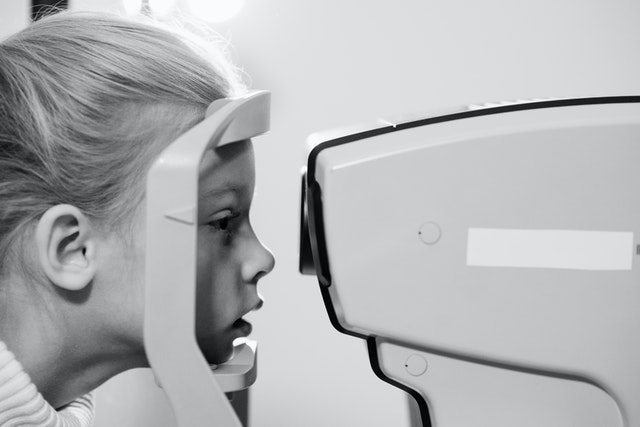Time doesn’t stop—and neither do the changes in our bodies, especially our eyes. You may not notice it right away, but as the years go by, your vision evolves in subtle (and sometimes not-so-subtle) ways. The good news? Many of these changes are completely normal—and there’s plenty you can do to keep your eyes healthy.
Let’s take a look at what typically happens to your eyes as you age, decade by decade, and how to stay ahead of the game.
👓 Age 40+: Reading Becomes a Stretch
What’s going on? The lens inside your eye stiffens over time, making it harder to focus on close objects.
You might notice:
- You’re holding menus or books farther away.
- You need reading glasses (or start joking about it with friends).
The name for it: Presbyopia—also known as age-related farsightedness.
💡 Age 50s+: Lights Seem Dimmer
What’s going on? The muscles that control your pupils weaken, and your pupils get smaller.
You might notice:
- Dim lighting feels darker than it used to.
- Night driving is more difficult.
- Your eyes take longer to adjust when going from bright sunlight to indoors.
💧 Dry Eyes Kick In
What’s going on? Tear production slows down, especially in women after menopause.
You might notice:
- Gritty, dry, or irritated eyes.
- Sensitivity to wind, smoke, or screens.
- You’re constantly reaching for eye drops.
This could be: Dry eye syndrome, which is very common (and treatable!). Starting in July, 2025, Sight Care will be offering advanced dry eye treatments. Call us for more information.
👀 Peripheral Vision Shrinks
What’s going on? Your field of vision can narrow slightly with each decade after 50.
You might notice:
- Nothing at first—until it affects your driving or daily activities.
- This can also be an early sign of glaucoma, so don’t skip those eye exams!
🌈 Color Perception Fades
What’s going on? The lens of your eye may slowly yellow with age.
You might notice:
- Blues and greens look a little duller or washed out.
🕸️ Floaters and Flashes Appear
What’s going on? The gel-like fluid in your eye (called the vitreous) starts to shrink and pull away from the retina.
You might notice:
- Tiny spots, squiggly lines, or “cobwebs” floating in your vision.
- Occasional flashes of light.
Heads up: A sudden increase in floaters or flashes could be a sign of a retinal detachment—a medical emergency. Don’t wait—see an optometrist immediately.
⚠️ Over 60? Watch for These Eye Conditions
- Cataracts – Cloudy lens = blurry vision, glare sensitivity, faded colors.
- Glaucoma – High eye pressure can damage the optic nerve and cause vision loss (often without warning).
- Macular Degeneration (AMD) – Affects your central vision, making it hard to read or recognize faces.
- Diabetic Retinopathy – A complication of diabetes that damages blood vessels in the retina.
👁️🗨️ The Good News: You Can Protect Your Vision
Aging is inevitable—but vision loss doesn’t have to be. Here’s what you can do:
✅ Wear sunglasses that block UV rays
✅ Get regular eye exams, especially after 40
✅ Manage chronic conditions like high blood pressure or diabetes
✅ Quit smoking and limit alcohol
✅ Eat for eye health – think leafy greens, omega-3s, and vitamins C & E
👩⚕️ Let’s Keep Those Eyes Healthy
At Sight Care Optometry, we’re here to help you stay on top of your eye health—whether it’s your first exam or your fiftieth. And here’s a bonus: in Ontario, routine eye exams are covered by OHIP for kids 19 and under and seniors 65+, so there’s no cost to you.
Why wait? Book an appointment online at👉 sightcareoptometry.com
Have questions about your vision or symptoms you’re experiencing? Don’t guess—ask a professional. We’re happy to help.
Note: This posting is for informational purposes only and does not attempt to diagnose or
recommend treatment for any condition. Please refer to the Ontario Association Optometrists website (https://optom.on.ca/eye-health-library) for more information or consult an Optometrist if you are experiencing eyesight issues.






